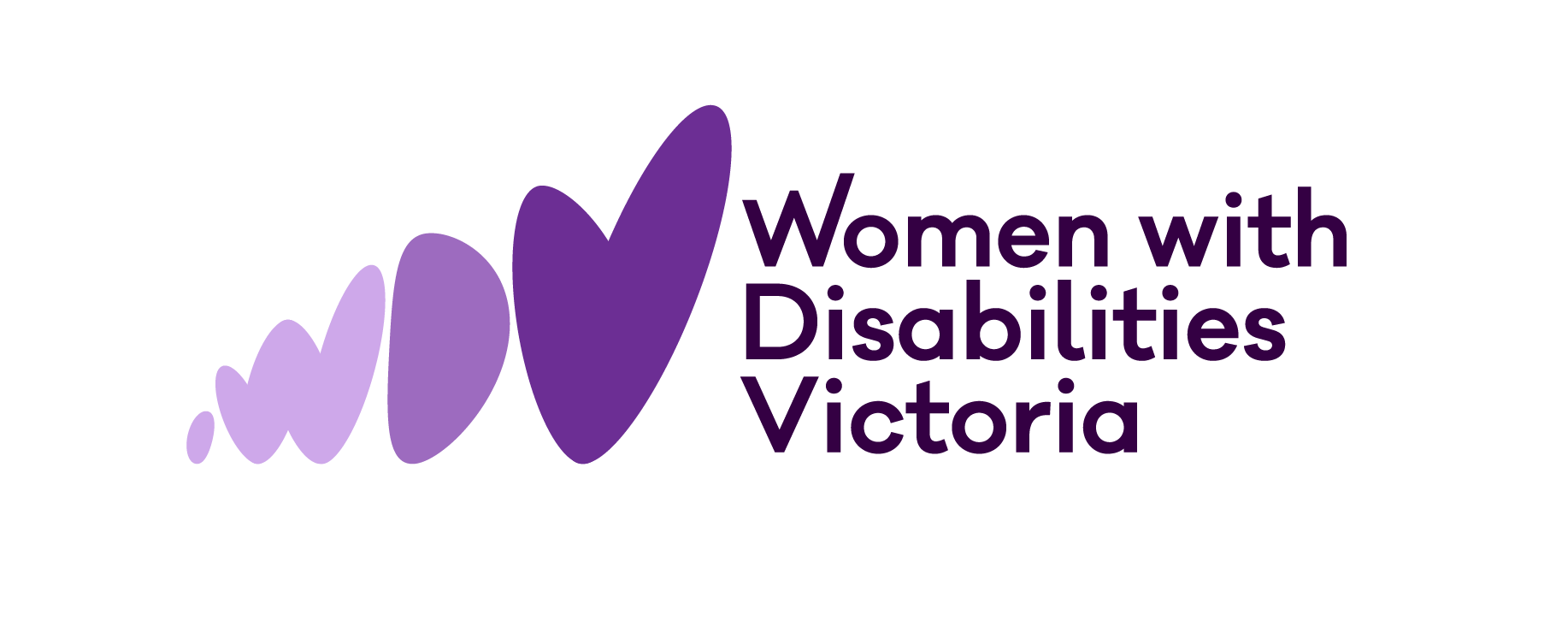Pleasure and Consent – Discussion Paper Released
Women and gender diverse people with disabilities in Australia face significant barriers to sexual and reproductive health (SRH) and experience higher rates of sexual and intimate partner violence.
Physical, structural, and attitudinal barriers limit access to SRH care and violence prevention. The findings of this discussion paper demonstrate that a pleasure-based approach in healthcare and within gender based violence prevention programs can challenge harmful narratives and support sexual agency for women and gender diverse people with disabilities.
To address these concerns, WDV’s Victorian Women’s Health Program (VWHP), with support from the Gender and Disability Workforce Development Program (G&D), are developing resources on pleasure and consent to improve SRH outcomes and prevent violence.

